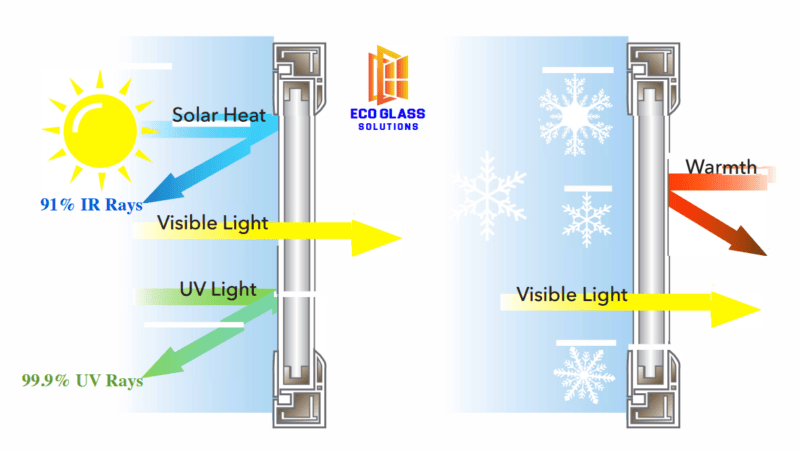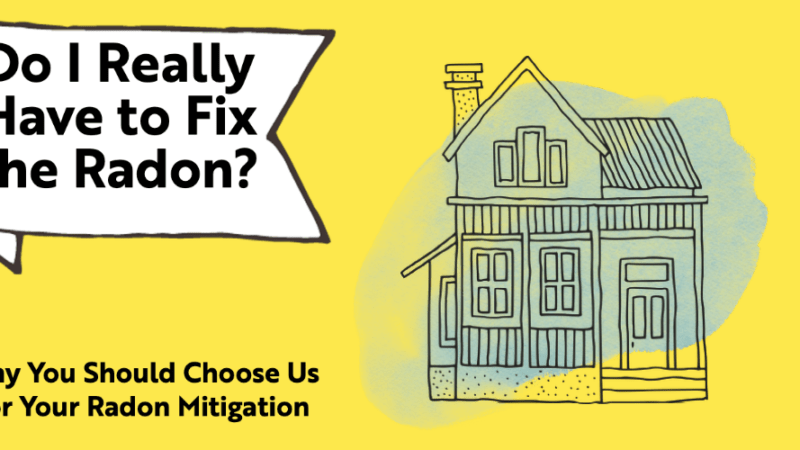Home Water Filtration Systems

Home Water Filtration Systems
The very stuff or staff of life – water – is a commodity that should be considered thoroughly when it comes to the health of our families and pets. Read any health journal or magazine – comments on good health stress buying organic fruits, vegetables and meats close to home, getting enough sleep, and drinking good filtered or natural spring water. Good water.
What exactly is the definition of good water?
Why should you filter your water? Municipal waters are treated to produce better-tasting water, remove contaminants, cloudiness and discolouration, as well as the removal of heavy metals such as lead, mercury, arsenic, and a host of other metals, chemical contaminants from pesticides, industrial and commercial waste, cleaners and solvents.
The history of water treatment goes back to 8000 B.C. for the purposes of irrigation for crops in Egypt and areas of Asia. The control of floodwaters for the purposes of irrigation as well as in creating aqueducts to bring water supplies to expanding community dwellings date back to 1000 B.C. and was a practice adopted then as it is today.
Water treatment was described in ancient Hindu texts regarding the mention of the storage of drinking water in copper containers, exposure to sunlight and the use of charcoal as a means of filtration. Hippocrates advised that water should be boiled and strained through cloth. As long as there was no contamination, people mostly drank directly from subterranean sources and fresh flowing waters. Issues started with the industrialization of civilization. Waterborne diseases became an issue with effluent flowing freely into the waters. In the 1800s filtering methods of passing water through layers of sand were adopted as well as the use of small amounts of chlorine – found to kill bacteria in the water.
Since then, the serious dumping of toxic chemicals into the waterways has pre-empted the necessity for strict treatment and controls of water for the general health of populations everywhere. Today, municipal water treatment plants take the water through the process of collecting, disinfecting, coagulating/flocculating, settling, filtering, absorpting, aerating, fluoridating, neutralizing, and finally distributing.
The plastic bottled water phenomena created a multi-billion dollar industry that has consumers addicted to the habit creating much waste. This lifestyle syndrome contributes to the already challenged huge carbon footprint on the planet.
Another flourishing industry is the technology for water filtration from the comfort of one’s home.
Models range from pitchers with filters, tabletop or under counter systems, or installations at source into the house that treats water throughout the entire house. Systems mostly use carbon to filter the water – some ceramic beads, natural stones, magnets and/or crystals. Processes like reverse osmosis removes impurities. Good minerals are removed along with the heavy metals, and therefore need to be reintroduced into the water. Systems remove dirt, silt, clay and other sediments; iron, sulfur and unpleasant odours and taste. They also reduce corrosion on plumbing, appliances and fixtures as well as water stains due to corrosion.
Good water has a balanced PH factor towards being more alkaline. Water does need to be exposed to sunlight. The flow of water in the system should approximate the natural winding flow of water. Your filtration system should remove chlorine, chloramines and trihalomenthanes – a byproduct of the chlorination process. Water softeners are also a consideration. Investigate the type of filter you wish to invest in – whether it filters the majority of contaminants, the cost of replacement, and relevance in your home system. As water makes up 70 to 80% of our bodily fluids, we need to ensure we are not only drinking enough daily, also that the quality of the water is clean, energized, oxygenated, mineralized and healthy for our bodies.
Home Water Filtration Systems








